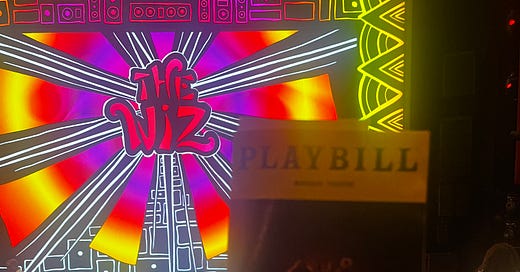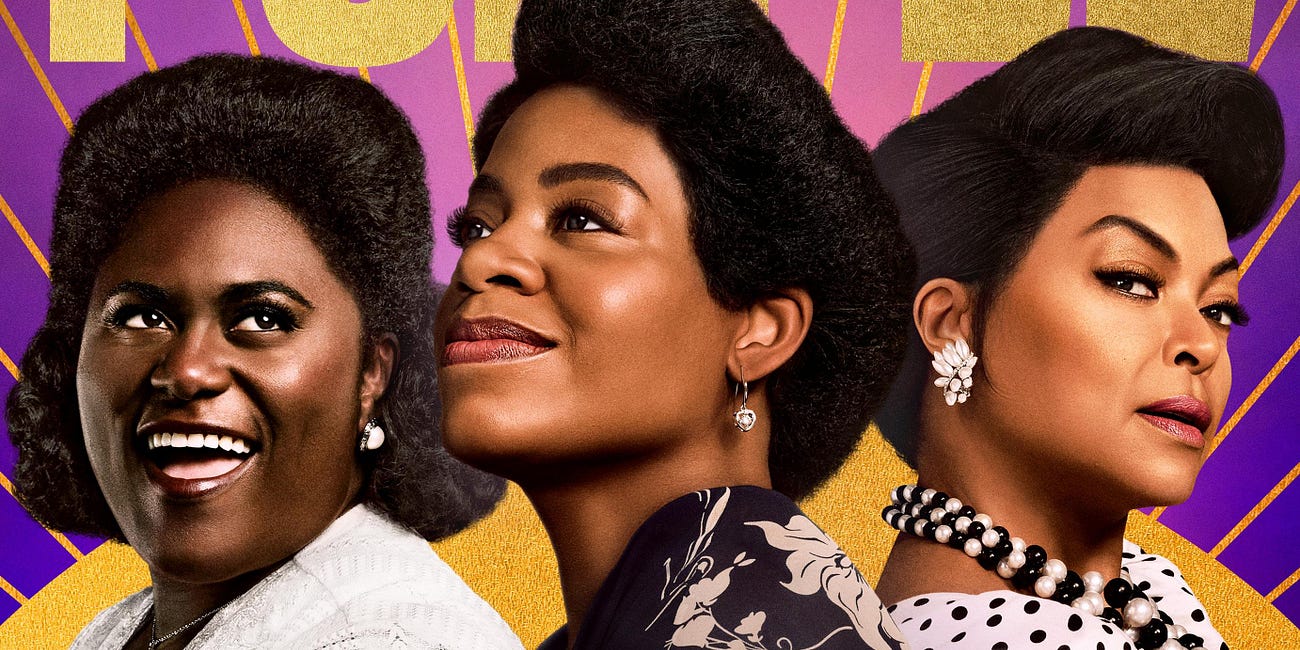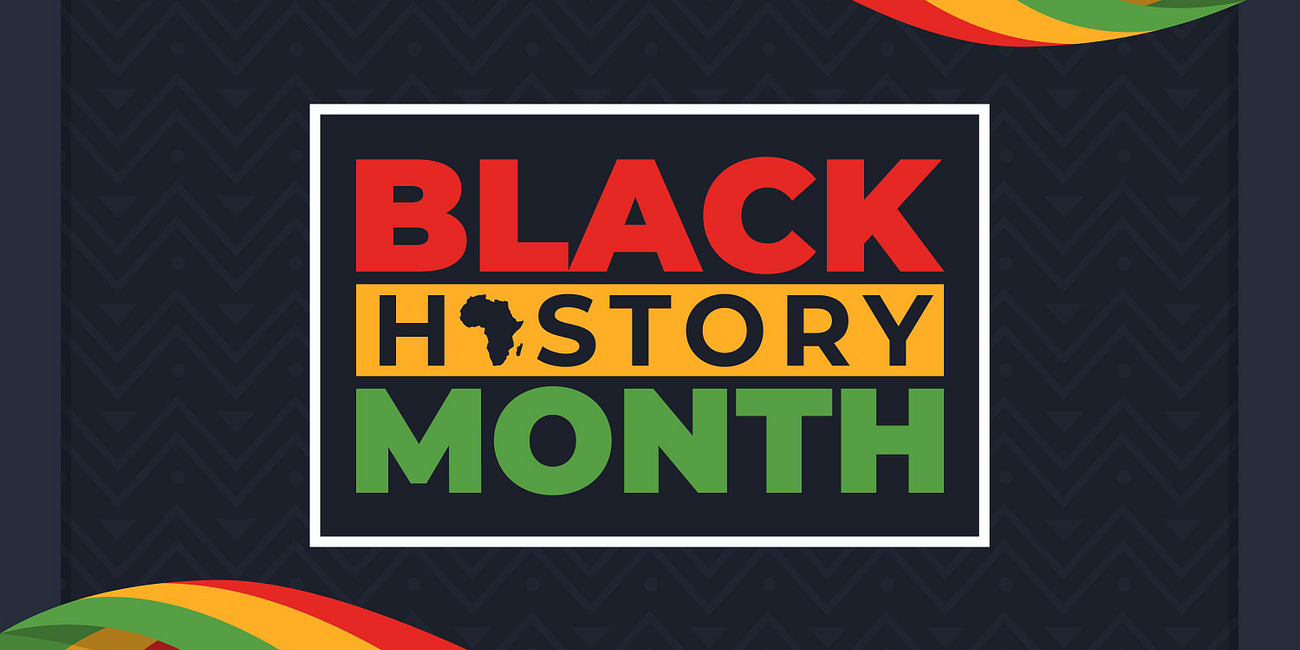I saw The Wiz, the 2024 Broadway musical revival, last night. My only take is that they tried too hard to maintain its status as a classic. This self-consciousness adaptation of a musical that flopped many times fails because no one wants to be honest about The Wiz. The musical adaptation of a movie that adapts a musical that adapts a movie that adapts a book works because it leans into camp and disregards popularity. This production prioritizes popularity over everything.
These priorities showed in the indecision between keeping faithful to the 1939 film, 1975 musical, or 1978 movie (perhaps even the 2015 TV production). For example, this production sets The Wiz in Kansas (musical) versus an inner city (movie). Meanwhile, Dorothy, Scarecrow, Tin Man, and Lion skip jump—a move Garland performs in the 1939 movie—during “Ease on Down the Road.” Everything about Avery Wilson’s (Scarecrow) performance pulls exclusively from Michael Jackson. Several choreographic nods to Michael Jackson’s “Thriller” and “Beat It” lift the viewer out of Oz and place them onto the Neverland Ranch. These choices seemed to be about appealing to what audiences want to see versus interpreting The Wiz in a new way. Brief moments of originality, like a breakdancing Tinman as well as a rendition of “Everyone Rejoice” (Brand New Day) with Afrobeats influences, make the pandering obvious. If production had moved the adaptation in a contemporary direction with more gusto, some of The Wiz’s magic might have been retained.
Instead, many artistic choices felt decidedly dated and stale. Unfortunately, my favorite song, “Don’t Nobody Bring Me No Bad News,” suffered this fate. Evilene’s villainess song tops my list of favorite villain songs, somewhere up there with “Friends on the Other Side” (Princess and the Frog) or “Be Prepared” (Lion King). In the 1975 version, Mabel King’s rendition has gospel influences, for sure, but her rasp is undeniably rock and roll. Meanwhile, Mabel’s performance in the movie adaptation sounds like a second line in New Orleans. Melody Bett’s traditional gospel version last night felt boring and predictable. Sure, everyone appreciated a straight gospel rendition, evidenced by a rousing mid-act standing ovation. But I wanted a villain song that spoke to Evilene as a powerful woman and outsider. And today, I don’t think of the Black church when I consider Black women who are outsiders.
Turning an unserious but groundbreaking movie like The Wizard of Oz into an all-black musical is camp in the Sontag sense of being ambitious and frivolous. A movie adaptation of an adaptation of a movie doubles these themes, making it camp. (Adding disco beats to the 1978 movie arrangement doesn’t hurt.)
The Wiz has charm because, like its source material, The Wizard of Oz, the artifice and extravagance delight the senses, straddling the line between the uncanny valley and the fantastical. The Willy Wonka and the Chocolate Factory (1971) conversion to Charlie and the Chocolate Factory (2005) fails for the same reason but in the opposite direction. The film tries so hard to live up to the fame of its source material that it veers into the uncanny and creepy. I pull out these two examples because they show the dangers of adaptations being too beholden to their source material; creatives lose ambition and a sense of play.
Overall, my issue with this new version of The Wiz: everyone tries hard to appeal to fans. They want to convince us that The Wiz is an undoubted classic. Sure, the musical became a cult classic. But many had doubts along the way. The 1975 on Broadway production almost closed the day after opening night because of poor reviews. Many white film critics and movie industry professionals did not like the idea of a movie competing with the classic Judy Garland film. In the 70s, many critics used the film’s poor box office to perpetuate the idea that Black films don’t sell. The 2009 City Center performance also underwhelmed critics. The Wiz has a history of being bad.
Despite these realities, The Wiz endures almost because of this underdog status. Just as the producer Ken Harper had to convince more people to see the show in the 70s, so must current producers persuade us that the show will be amazing this time. The film has so much against it: clunky directing, terrible casting choices (Diana Ross as Dorothy), and creepy scenes (I was terrified of the city college stop on the 1 train for years because of this movie). Yet, The Wiz fascinates and charms audiences because at least it’s earnest. Despite the backlash on the horizon against Black culture, Black people will still sing and shout for a brand-new day. That heart was nowhere to be seen last night. Instead, cast members strained (sometimes vocally) to give audiences exactly what we expected.
If you like this post, try…
Girl World but make it a musical
What to say about all the movie musicals for 2024: The Color Purple, Mean Girls, and Wicked (releases in November). But I want to return to friendships because 1) that’s what’s connecting all these movies for me, and 2) I am still pulling together my thoughts on friendship for an essay. I am also at the age when women often examine their circles.
What happens to a suppressed Soul?
Most of my critical interests involve Black arts and entertainment, so calling this month a Black History Month series might seem redundant. But, for Black History Month, I would like to use each post to reflect on significant cultural or historical trends in Black arts and culture. For this post, I analyze how Soul is now doing as a cultural phenomenon…






